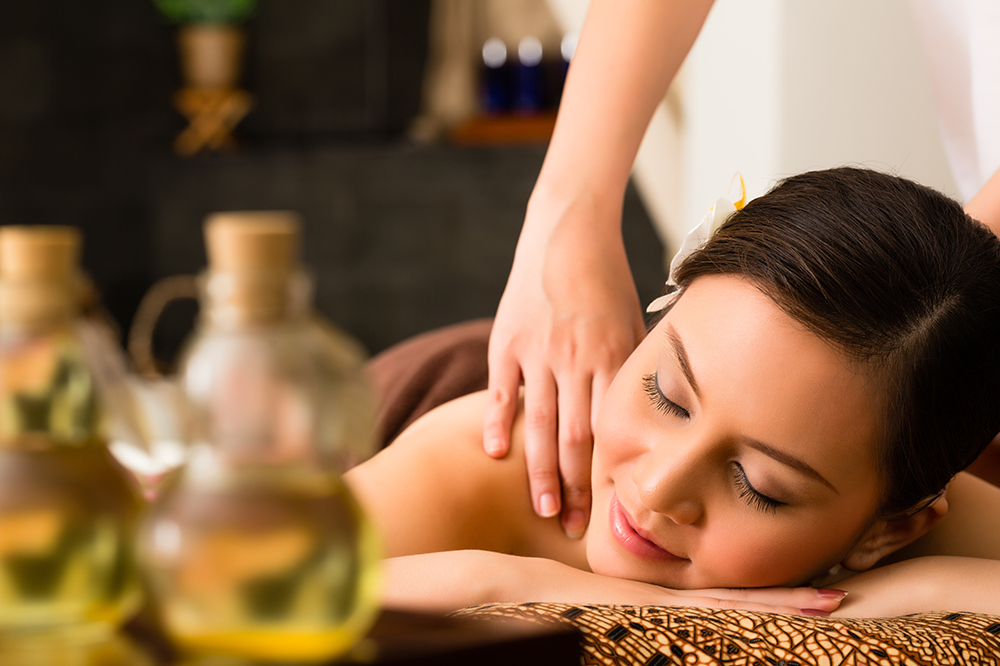Essential Oils, Help
Essential Oil Safety
Using essential oils in the home offers many benefits. Not only are oils natural and free of chemicals, they are also very cost effective if you want to create your own scented household products, such as soaps, candles, skincare and hair care. Before you use essential oils in the home, it’s important to know that while these oils offer many benefits, it is also wise to be mindful of any risks associated with using essential oils.
This guide explains how to use essential oils safely. However, we always recommend that you speak to your doctor if you’re concerned about any of the risks associated with using essential oils.
So, what are the risks and how can you avoid them?
Using essential oils when you are pregnant
Although you must be extra cautious using essential oils if you are pregnant, you can still continue to use them as long as you follow a few basic guidelines. Many mums-to-be avoid using essential oils during their first trimester of pregnancy and then start to introduce them in the second trimester. If you want to use essential oils in your first trimester, it’s best to seek medical advice from your GP on this. In terms of which oils to use and which ones to avoid during pregnancy, most oils are fine to use in small quantities but if you are pregnant you should avoid using nutmeg, rosemary, basil, jasmine and clary sage, sage and rose and juniper berry. You should also avoid using laurel, angelica, thyme, cumin, aniseed, citronella and cinnamon leaf. There is also evidence to suggest that lavender can affect the menstrual cycle, so if you’re worried about early miscarriage, it’s best to avoid using lavender until your second trimester.
If you’re pregnant and you want to use essential oils, make sure that you only use one drop at a time and for a short period. Always ensure that it is properly diluted with a base oil of your choice and try to mix up which scents you use so that you’re not using the same oil every day for several weeks.
If you’re in any doubt about using essential oils during pregnancy, it’s always best to follow your GP’s advice.
Allergic reactions
Essential oils can sometimes cause allergic reactions if they are not used properly. Since these oils are concentrated and powerful, it shouldn’t come as any surprise that they can cause allergic reactions from time to time. While allergic reactions are fairly uncommon, it’s wise to be aware of the risks, especially if you’re fairly new to using essential oils in the home.
You may experience irritated skin after using essential oils or sensitivity in certain areas on your body. To minimise the risk of allergic reactions, we always recommend that you dilute the oil properly and don’t leave it on your skin for long periods of time. If you notice that your skin has become irritated or sensitive, it’s best to avoid using essential oils on your skin until the affected area has cleared up.
If you think you’ve had an allergic reaction to an essential oil, have a chat with your GP who will give you some advice.
Getting essential oil in your eyes
Using essential oils in the home is usually pretty safe but avoiding getting any oil residue in your eyes isn’t as easy as you’d think. For example, if you wear contact lenses, you need to be careful that your fingers haven’t come into contact with the oil just before you put in your contact lenses. If you do get essential oil residue in your eye, it’s important to act quickly. But what’s the best remedy for reducing eye soreness from essential oils? Believe it or not, it’s milk or cream! Either of these products emulsifies the oil to reduce stinging and soreness. Simply wash your eye with milk or cream and once the stinging has subsided, wash your eye with water to remove the milk or cream. If you think the essential oil has caused more serious damage, consult your GP who will take a good look at your eye.
Although risks associated with using essential oils are minimal, it’s best to be prepared. For more advice on proper use of essential oils, contact an aromatherapy expert who will guide you on how to use them safely in the home.


